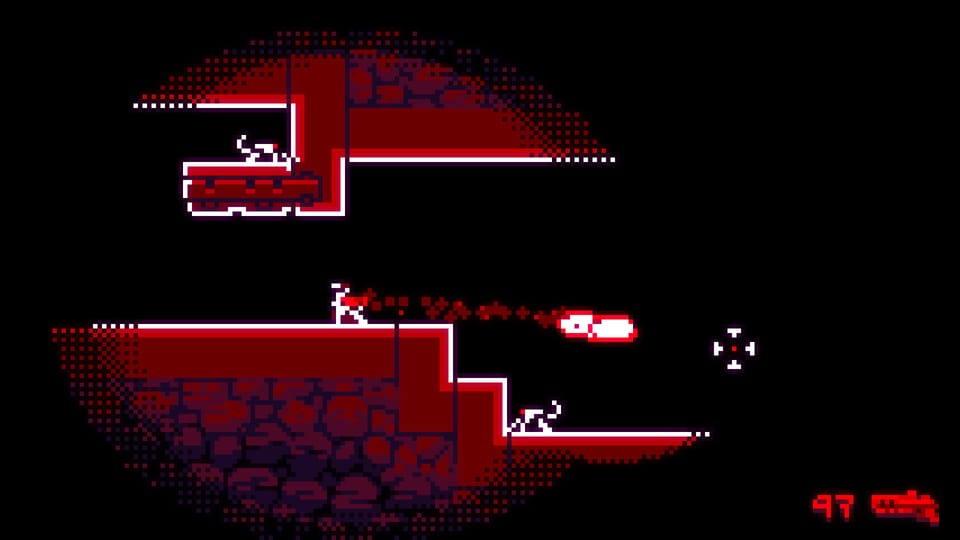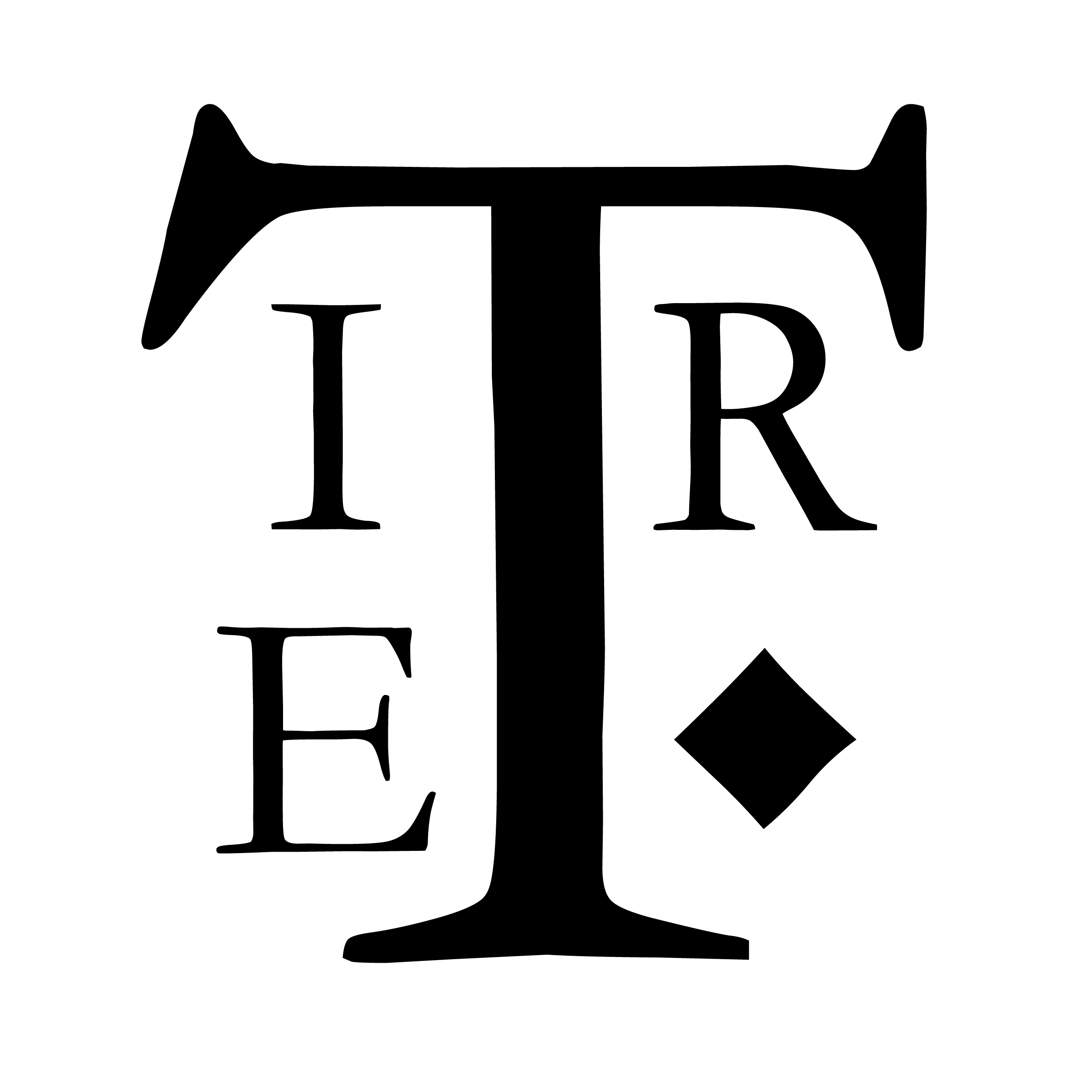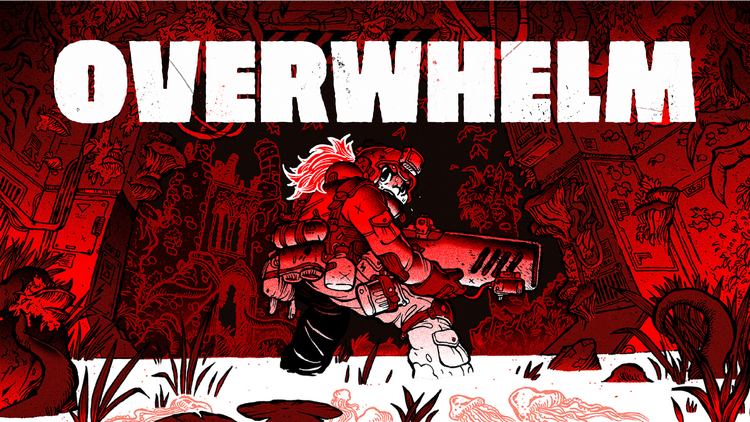One By One, Step By Step, Always In The Dark

The principal way OVERWHELM builds dread is lack of information. Okay sure, you have three lives, one hit each. The enemies get stronger while your toolkit stays the same. But an action game could have all these things and be tense, not scary. OVERWHELM relies on a constant obscuring of knowledge. Creatures hide in the underbrush or water, jump into the screen from just out of sight. Your map resets every run, forcing you to rely on your muscle memory rather than set knowledge. The camera pulls slowly across the screen, making it uncertain if there is an enemy in wait just outside of your sightline.
This lack of information extends to the "Knight's" mission. Opening text intones that "there is always a hive," but how and from where this hive comes from is totally unknown. The tunnels under the earth indicate some kind of mining operation. With the death of every boss, you get a ruby-like stone that you can bring back to a central reactor. Collecting all five kicks off the final boss. Besides these constructions, there is no sign of former life at all: no bodies, no blood, no records.
The Knight role is similarly strange. Why only send one at a time, why not send a whole army? In theory, each knight is a distinct individual. But I, the player, have some memory that I can rely on. Is that knowledge passed from each knight to her successor? Are they clones that share some kind of networked consciousness? That would make them like the hive itself. The narration makes this comparison outright. Like the Hive grows in failure, so does the Knight (though there are no upgrades to mark it). Both echo each other, though the game waits until the end to really comment on this.
OVERWHELM's lack of context leads to a kind of sheer brutality. Obviously, the game shares a lot with Metroid II: spare, large environments that you can only glimpse one screen at a time, a simple, violent objective, a final escape from below the earth. But it lacks that final note of grace. It lacks any allies. Metroid II is plenty grim, but it has a kind of continuation. You see the shells as each Metroid mutated or broke free from its cocoon. OVERWHELM's myth is set up in the opening narration, but affirmed in its spareness. What the hive is, what society was building in its earth before it arrived, those are mysteries, but the arc of it is easy to understand. The reactor and mining equipment constitute an intrusion. The hive is the natural world's retaliation, adapted to what was killing it. The Knight is humankind's half-hearted solution. In OVERWHELM, there are no individuals, only archetypes. Samus is powerful enough, good enough, to live beyond the bounds of this one game. The Knight is a role. Anyone can have it, whether networked robots or lone soldiers who pass along whispers.
It is The Hive that takes that malleability to heart. At the end of OVERWHELM's final boss fight—a long chase above ground—the Hive takes the Knight's form, they duel, the Knight wins. The credits roll. This is grim and bare and perhaps not something to make much of. But it rings of the same hollow tragedy as the number of Metroids ticking down by one. In OVERWHELM, there are no human beings except the Knight. The Hive is only trying to evolve, only learning what you teach it. You kill the only thing like you. There is no triumphant return. There are no answers. There is only the hunt and its mystery again and again. It is akin to Devil Daggers, where all the terror of the form is revealed by tearing out every extraneous part. In OVERWHELM, there is only the red of blood and muscle, the white of laser fire, and the dark's sightless mystery.



